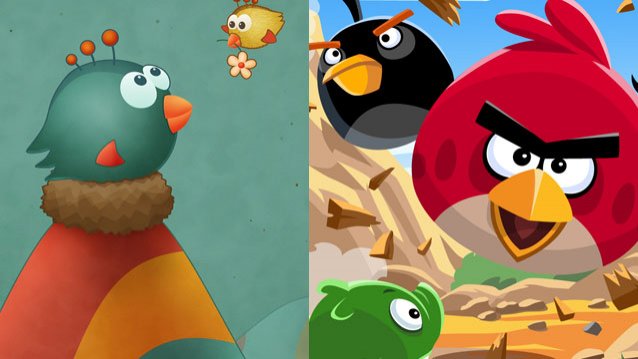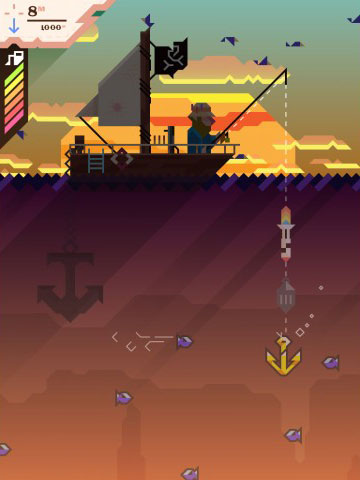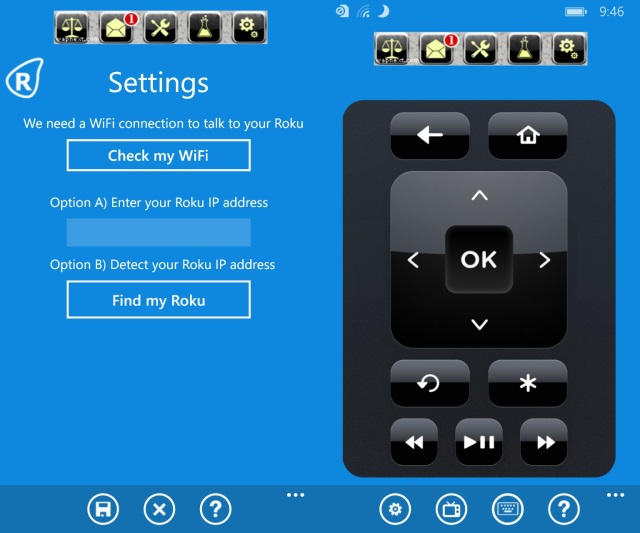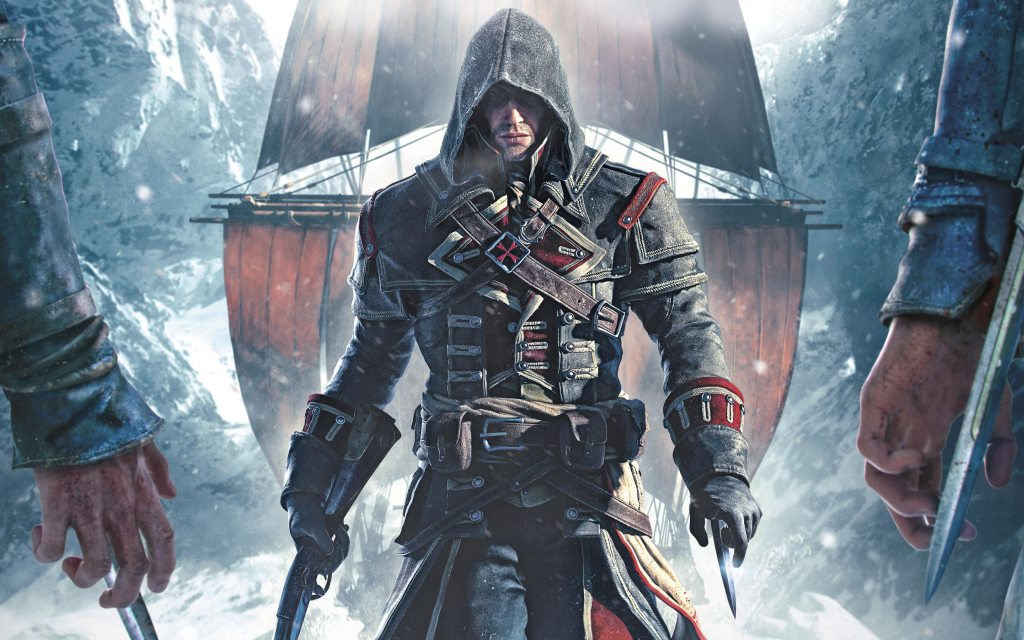


If you go to the iOS App Store right now, there’s two pieces of software you should be able to find pretty easily; one of them is pretty much always in the bestsellers list, and the other has been highly critically acclaimed and featured as a staff pick. Both games, coincidentally, involve birds. They are Angry Birds and Tiny Wings.
Both of these bird-related mobile titles are highly-polished affairs, with graphics, interfaces, and gameplay mechanics that lend themselves perfectly to the mobile platform. One involves hurling birds at unsuspecting pigs, while the other involves playing as a bird who’s racing the sunset…but that’s rather besides the point.
What’s important to note at this point is the fact that both of these games have sold multiple millions of copies, and been wildly financially successful. Their success raises an interesting point about mobile development, due to how different their origins are. Before we get into why their success is so interesting, consider the following:
Rovio Entertainment, the Finnish company behind Angry Birds, is a relatively large development house with over 300 employees. In addition to appearing on virtually every gaming platform known to man, Angry Birds has been cross-marketed in pretty much every conceivable way – Angry Birds stuffed animals, Angry Birds coffee mugs, and maybe even a forthcoming Angry Birds movie, if the rumours are true. Basically, Rovio does all the things that a for-profit company is expected to do when they have a hugely successful IP on their hands.
The Tiny Wings development team, on the other hand, is, well…it’s one guy. A mysterious German fellow by the name of Andreas Illiger is the mastermind behind the success of Tiny Wings. If the credits of the game are to be taken at face value, Illiger is responsible for absolutely every piece of the Tiny Wings puzzle, from the programming, to the art, to the music, to the marketing. It’s hard to imagine how the man has time to sleep.
As you might expect, Tiny Wings hasn’t really managed the same degree of cross-marketing as what we’ve seen from Angry Birds – in fact, it hasn’t even been ported to any platforms beyond iOS, because Illiger says he doesn’t have time to do it. Nonetheless, it’s appeared in the App Store’s top games list, right alongside the juggernaut that is Angry Birds.
 So what do these similar successes, despite the disparity in development processes, say about the mobile platform in general? Well, it tells us that mobile gaming might just be the most democratized platform we’ve even seen in the world of gaming.
So what do these similar successes, despite the disparity in development processes, say about the mobile platform in general? Well, it tells us that mobile gaming might just be the most democratized platform we’ve even seen in the world of gaming.
In stark contrast to the realm of triple-A console development, which requires tens of millions of dollars to successfully develop for, mobile gaming appears to have virtually no barrier to entry. Anyone with the time and talent to create a game can make something suitable for release on the App Store, and most importantly, their game can be just as good as a game from a major studio. You’d be hard pressed to argue that Tiny Wings isn’t every bit as good of a game as Angry Birds, after all.
For quite possibly the first time since the very early days of PC development (when small teams of hobbyists could crank out high-quality Amiga and C64 games), we’ve leveled the playing field for people who want to make games. The outcome of this democratized marketplace is already being seen: with more diversity of talent, less upfront risk for developers, and an enormous potential for sales, we’re seeing more unique, interesting, and straight-up weird games on mobile platforms than we’ve ever seen in the triple-A space. This week’s release of Ridiculous Fishing should serve as a testament to just how weird an iOS game can get and still be successful.
There’s no denying that this is good news for gaming as a medium. More diversity in the gaming fare available to us is never a bad thing, and even if you’re not a big fan of mobile gaming, the ability for small development teams to make enough money in the App Store to fund more ambitious projects in the future means that we should see this diversity creeping into other markets and platforms. That ain’t a bad deal, is it?
---
The author Mitchell Bowman can be reached on Twitter at @Niyeaux.



